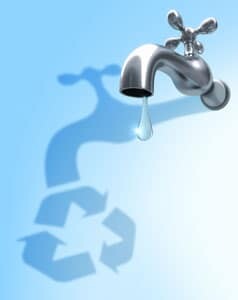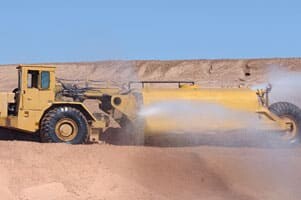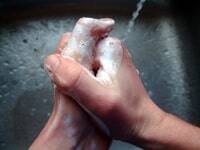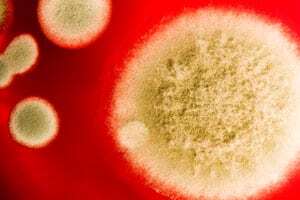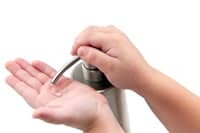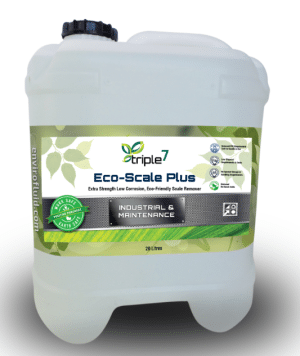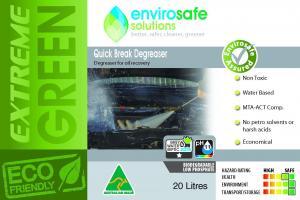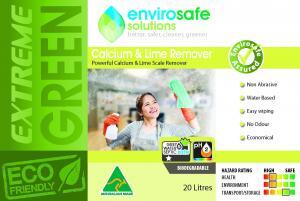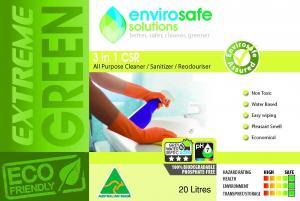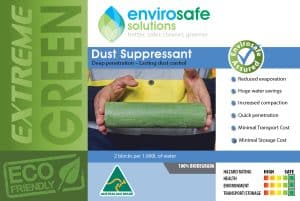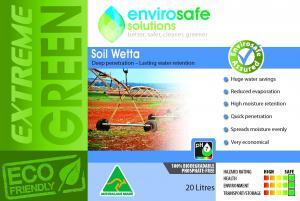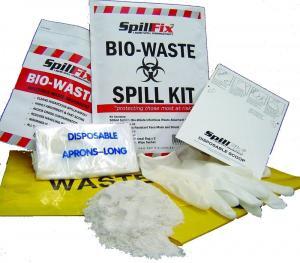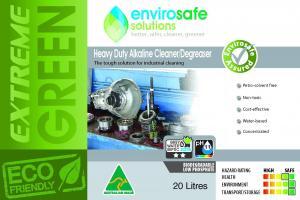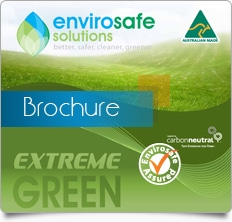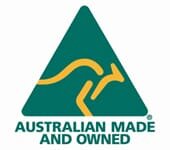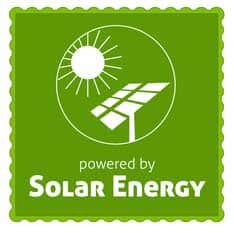 An ambitious city-wide water recycling program is being developed for Sydney to combat water shortages. The project aims to reduce demands on drinking water supplies and represents a growing trend towards recycling wastewater for irrigating lawns, parks and vegetation and more contentiously, drinking. Seawater desalination has become another tool to secure water and a new plant will supply drinking water to the city of Adelaide. Today we look at different water initiatives and the role of eco-friendly liquid products in limiting toxins entering wastewater that could be tomorrow’s drinking water.
An ambitious city-wide water recycling program is being developed for Sydney to combat water shortages. The project aims to reduce demands on drinking water supplies and represents a growing trend towards recycling wastewater for irrigating lawns, parks and vegetation and more contentiously, drinking. Seawater desalination has become another tool to secure water and a new plant will supply drinking water to the city of Adelaide. Today we look at different water initiatives and the role of eco-friendly liquid products in limiting toxins entering wastewater that could be tomorrow’s drinking water.
Sydney has unveiled an ambitious water recycling plan which it claims will see it become Australia’s first city to develop a city-wide recycled water network.
The City of Sydney council has appointed a consortium to develop models for the project, which aims to reduce demands on drinking water supplies. The planning group consists of researchers, engineers and consultants.
Lord mayor Clover Moore said the water plan, part of the global Green Revolution, would provide a model for other Australian cities. “In the longer term our drinking water supplies will come under increasing pressure from a growing population and climate change with hotter and dryer weather predicted over the coming decades.”
The recycled water project would supplement water supplied to apartments, commercial and institutional buildings, which account for 80 percent of water usage in the Sydney area. The water plan will also incorporate projects that reduce pollutants from entering waterways. Eco-friendly liquid products limit toxic chemicals from contaminating wastewater.
Saltwater to freshwater
Further South, a seawater desalination plant is being commissioned at Port Stanvac to supply drinking water to the city of Adelaide. The $1.83 billion project uses reverse osmosis to treat seawater and has been earmarked for completion by December 2012. The first drop of water should be produced by the end of July this year.
The South Australian Government expects capacity at the plant to grow to 100 billion litres by the end of 2012
Perth was the first Australian city to receive desalinated water for large-scale consumption after its Kwinana plant began pumping desalinated seawater in November of 2006. It supplies an estimated 17 percent of the city’s water needs. A seawater deslination plant is being built in Victoria to provide an estimated 150 billion litres of water by the end of this year.
Across Australia government and industry have invested heavily in the treatment of greywater, effluent, stormwater and seawater to secure water resources for the future. Water recycling has also been adopted across other parts of the globe, including Singapore, California, Florida, the United Arab Emirates and Israel.
Key to treating wastewater has been the issue of water quality and the contaminants regularly flushed into water systems, including debris, oils, and chemical pollutants.
Leading Perth-based environmental cleaning products company Envirosafe Solutions has been working with Australian businesses for more than 20 years providing biodegradable eco-friendly industrial liquids.
These products utilise natural cleaning agents, have a low-toxicity rating and are biodegradable. Envirosafe Solutions’ commitment to ecological sustainability supports industry and government efforts to reduce water contamination without sacrificing performance. Its range includes the mining and industrial environmentally friendly liquid Extreme Green Insect and Tar Remover, a fully biodegradable product which is effective even when heavily diluted. For more information phone 1300 88 90 70 or email info@evss.com.au.
Sources:










